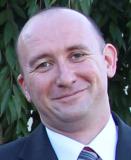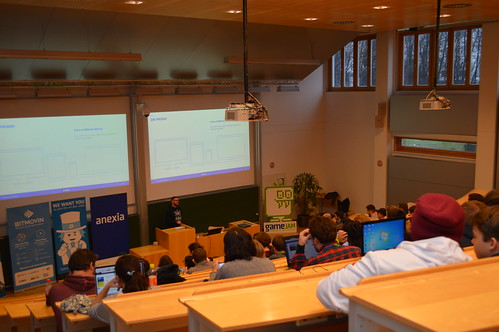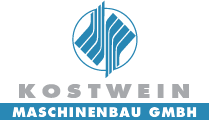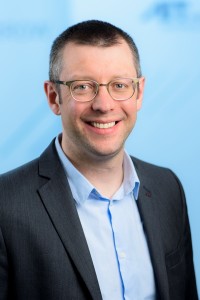Dr. Marko Tkalčič | December 21, 2017 | 3 pm | E.1.05
Abstract
The talk will cover the research carried out by the author in the domain of psychologically-driven personalized systems. In order to be truly personalized a system needs to understand the user. Current systems employ data-driven models, such as recommendations based on past ratings, clicks or purchases. However, psychologically-grounded models appear to have potential for better personalized systems. The author will cover models of emotions and personality, the unobtrusive acquisition thereof through social media crawling, video processing and machine learning and their use in personalization algorithms.
Bio
 Marko Tkalčič is Assistant Professor at the Faculty of Computer Science at the Free University in Bolzano, Italy. He received his PhD from the Faculty of Electrical Engineering at the University of Ljubljana in 2011. After a postdoc at the University of Ljubljana, he worked as a postdoc at the Johannes Kepler University in Linz, Austria from 2013 to 2015. From 2016 he is with the Free University of Bolzano. His research explores ways in which psychologically-motivated user characteristics, such as emotions and personality, can be used to improve personalized systems. It employs methods such as user studies and machine learning.
Marko Tkalčič is Assistant Professor at the Faculty of Computer Science at the Free University in Bolzano, Italy. He received his PhD from the Faculty of Electrical Engineering at the University of Ljubljana in 2011. After a postdoc at the University of Ljubljana, he worked as a postdoc at the Johannes Kepler University in Linz, Austria from 2013 to 2015. From 2016 he is with the Free University of Bolzano. His research explores ways in which psychologically-motivated user characteristics, such as emotions and personality, can be used to improve personalized systems. It employs methods such as user studies and machine learning.
Dr. Tkalčič has published in prestigious journals, such as Elsevier Information Sciences and Springer UMUAI. He has presented at venues, such as RecSys and UMAP. Recently he edited the book Emotions and Personality in Personalized Systems with Springer. He is active in organizing conferences (RecSys 2017, UMAP 2017) and workshops (EMPIRE, SOAP, HUMANIZE), editing special issues, and reviewing for prestigious journals, conferences and grant bodies. He is a member of the editorial board of the UMUAI journal.
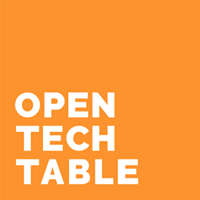 Wir freuen uns auf das 15. OpenTechTable meeting im März und laden alle recht herzlich dazu ein.
Wir freuen uns auf das 15. OpenTechTable meeting im März und laden alle recht herzlich dazu ein.
